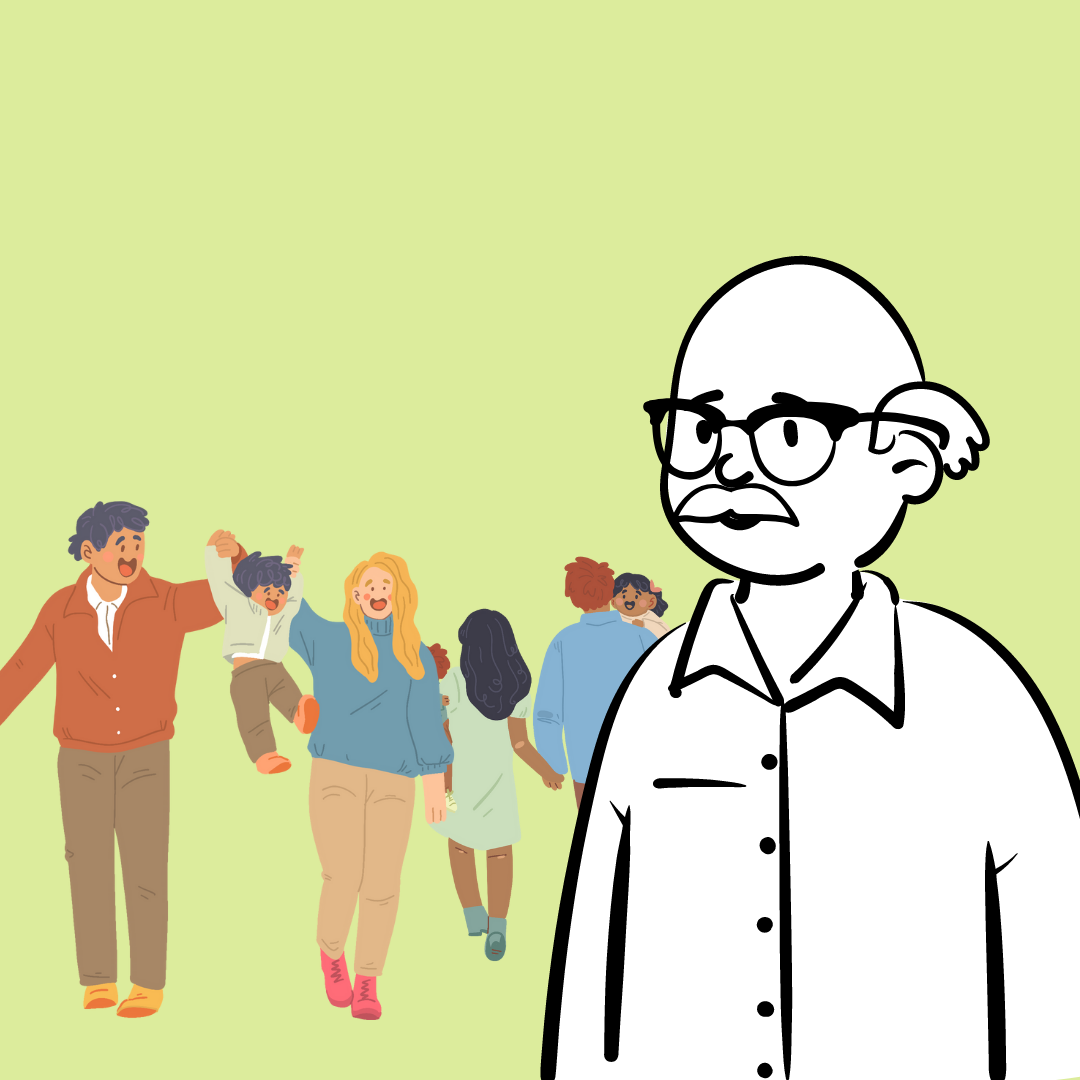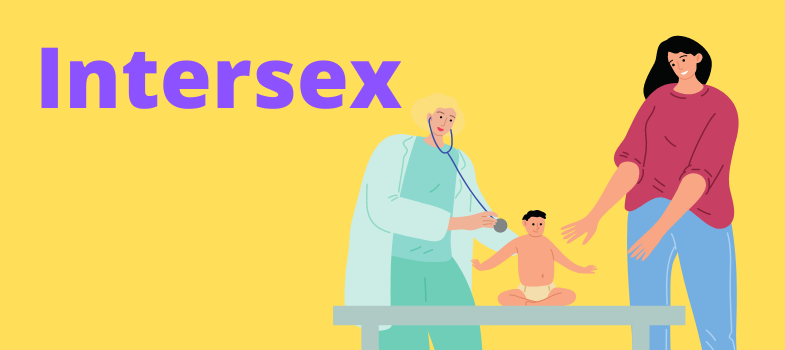Intersex in later life
Loneliness is a serious problem that negatively affects many people later in life.
Intersex people may be
further impacted by loneliness in old age. Many are infertile due to their intersex variations
while others were sterilised in their childhoods during medical interventions.
Intersex people are therefore less likely as a result to have children, and
therefore less likely to be surrounded grandchildren in old age.
Intersex people that found it difficult in life to make friends or find romantic partners because they were made to feel different or faulty may be more likely to be alone in later years.
There are few legal protections for intersex people, and most are recent, such as the ‘X’ marker for intersex people on United States passports. Many older intersex people that have not benefited from recent legal advances may have struggled throughout their lives. Issues they might have faced could include obtaining correct legal paperwork and identification, or discrimination relating to inheritances or when trying to adopt.
Intersex people often express the importance of intersex community to them. Older intersex people may fear being placed in care and being removed from intersex community. Some may fear the reaction of carers and other residents to their body if it is atypical, while others may fear medical settings due to memories of traumatic experiences when younger.
Rates of disability have been shown to be higher amongst intersex people, with some reporting that their early surgeries qualify as a disability or contributing factor to their disability. Older intersex people may therefore be more likely to struggle with and suffer from disabilities in old age.
Intersex people have been shown to attempt suicide at a much higher rate than non-intersex people, so it might be expected that older intersex people may suffer from worse mental health than older people that are not intersex.
In the next chapter we will consider some alternatives approaches to intersex care.